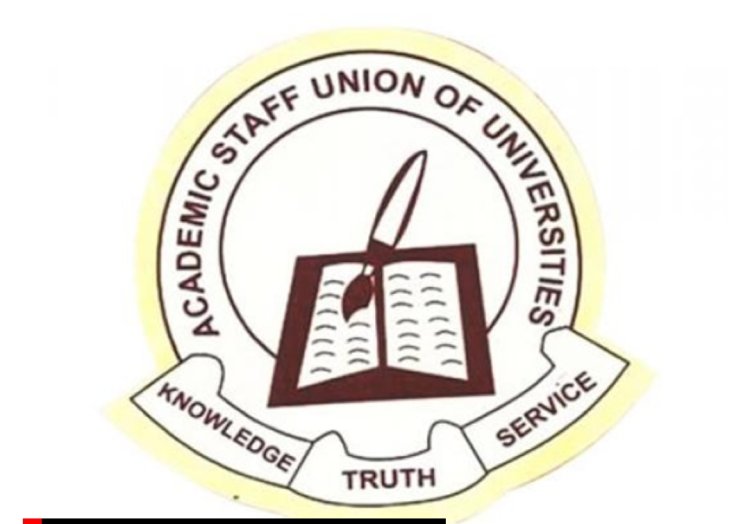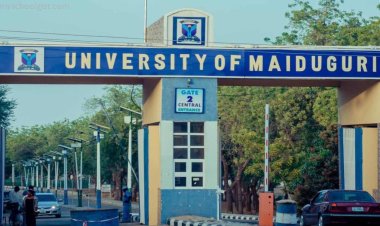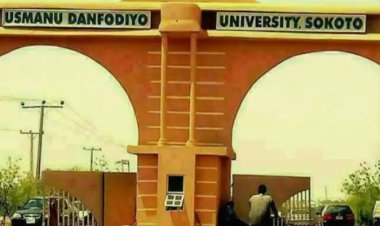ASUU Raises Concerns Over Mass Resignations in Public Universities Due to Poor Conditions
Professor Ayo Akinwole, the Chairman of the University of Ibadan Chapter of ASUU, expressed concern over the alarming rate at which lecturers are leaving their positions in search of better opportunities abroad. Akinwole emphasized that the shortage of staff in various departments and units is significantly impacting the quality of education in these institutions.

In a recent statement, the Academic Staff Union of Universities (ASUU) highlighted a growing issue of mass resignations within Nigeria's public universities, citing poor conditions and low remuneration as key factors.

Professor Ayo Akinwole, the Chairman of the University of Ibadan Chapter of ASUU, expressed concern over the alarming rate at which lecturers are leaving their positions in search of better opportunities abroad. Akinwole emphasized that the shortage of staff in various departments and units is significantly impacting the quality of education in these institutions.
READ ALSO: Nigerian Prodigy Priscilla Asikhia Breaks Records: Earns Ph.D. at 25, Becomes Youngest Graduate of Babcock University
Akinwole pointed out that the challenging working conditions, including delayed salaries, unpaid allowances, poor infrastructure, and a lack of respect for the academic community, contribute to the frustration felt by educators. He urged President Bola Tinubu to address these issues promptly, warning that without improvements in terms of salaries, allowances, and infrastructure, the trend of mass resignations is likely to persist.
The ASUU chairman criticized the government's proposal to establish 32 new universities, stating that it is not a solution to the current challenges. Instead, Akinwole suggested focusing on enhancing the capacity of existing universities to admit more students.
RECOMMENDED FOR YOU: Mareena Robinson Snowden: Pioneering the Path as the First Black Woman with a Nuclear Engineering PhD from MIT
Furthermore, he highlighted the cumbersome process of hiring replacements for resigned staff, citing the need for approvals from higher authorities, which often results in delays. Akinwole stressed the urgency of government intervention to retain qualified lecturers and prevent brain drain in the education sector.
The statement concluded with Akinwole's plea for a comprehensive review of the conditions of service for educators, stating that such measures are essential to ensuring the sustainability and quality of higher education in Nigeria.
The concerns raised by ASUU shed light on the critical issues facing the country's education system, urging swift and decisive action from relevant authorities to address the ongoing challenges.





